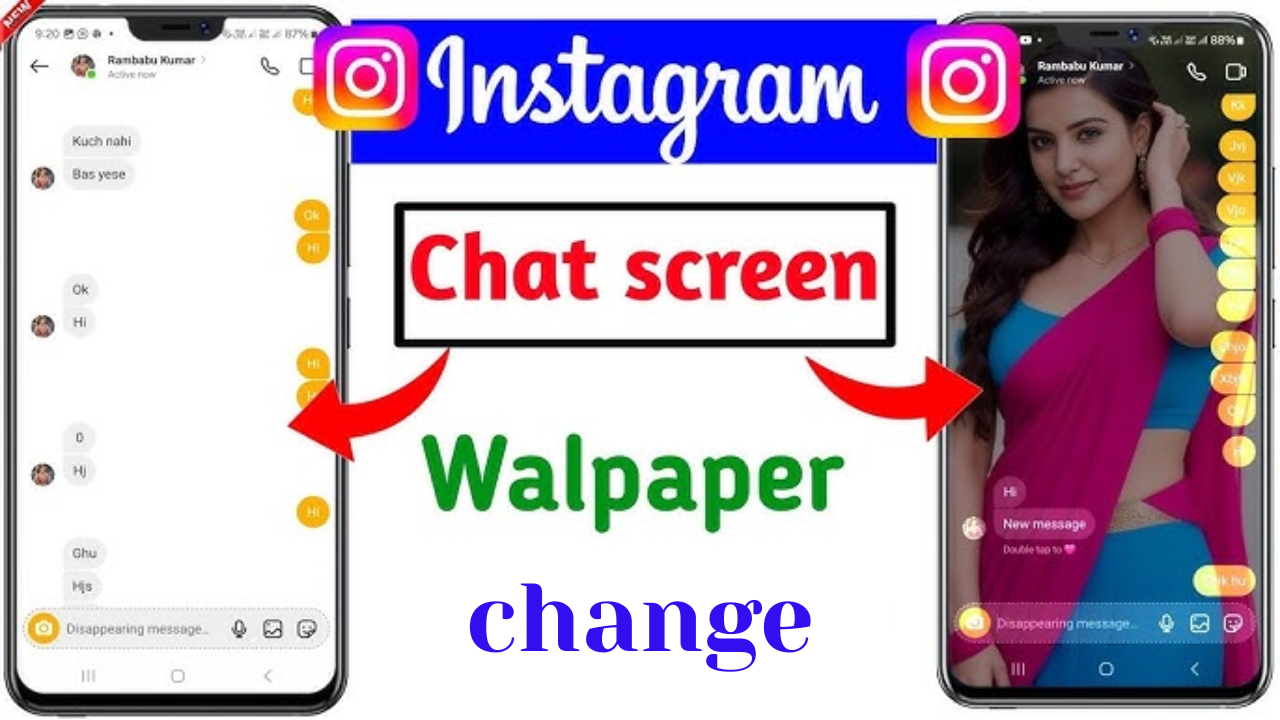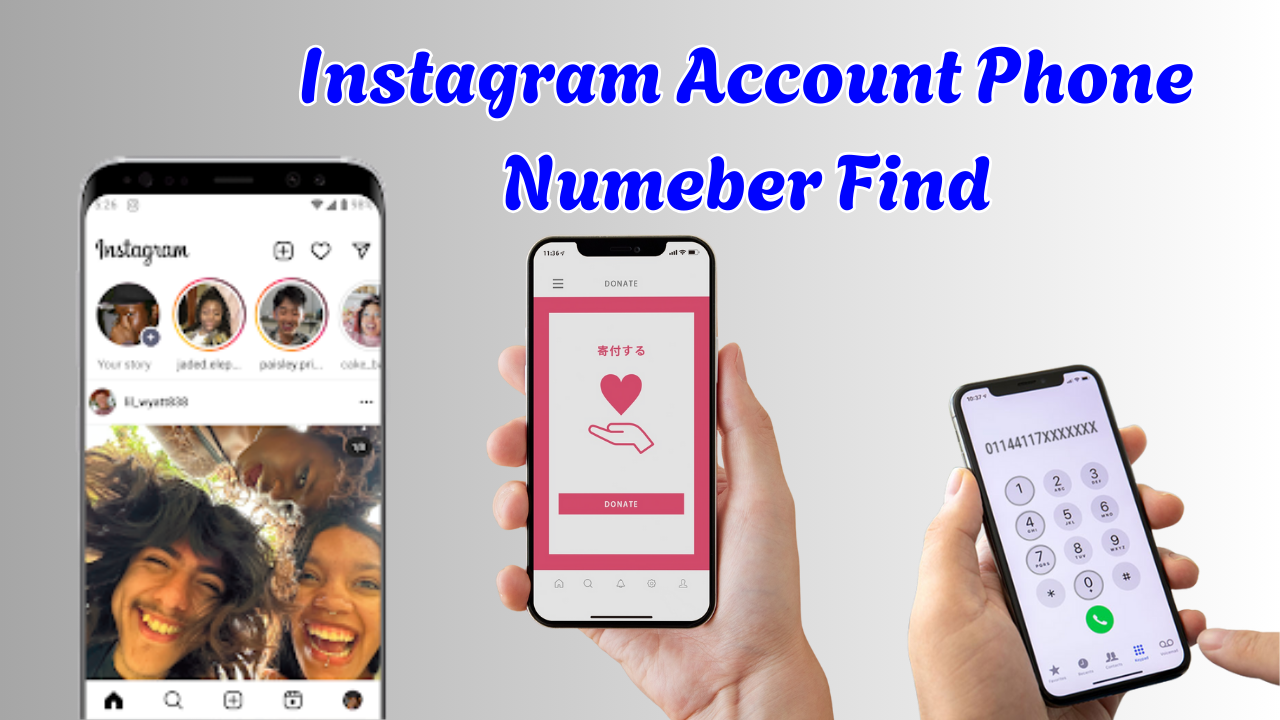Introduction to Free Calls
Free calls have become an essential part of modern communication, allowing people to stay connected without worrying about expensive phone bills. With the rise of the internet and advanced technology, making voice and video calls without paying extra has become easier than ever. Many apps and services now offer free calling options, making communication more accessible across the world.
How Free Calls Work
Free calling services work using VoIP (Voice over Internet Protocol) technology. Instead of relying on traditional phone lines, your voice is converted into digital signals and transmitted over the internet. This process reduces costs significantly, allowing providers to offer calls without charging users. The only requirement is a stable internet connection, either through Wi-Fi or mobile data.
Popular Platforms for Free Calls
Several platforms have made free calls a reality for millions. Applications like WhatsApp, Skype, Telegram, and Google Meet allow users to make voice and video calls at no extra charge. These services often include features like group calls, screen sharing, and instant messaging, making them versatile tools for personal and professional communication.
Advantages of Free Calls
The biggest advantage of free calls is cost savings. People can talk for hours without worrying about high bills, making it ideal for international communication. Free calling apps also offer flexibility, as they can be used on smartphones, tablets, or computers. Additionally, many services include features like encryption, ensuring that conversations remain private and secure.
Limitations of Free Calls
While free calls are convenient, they do have some limitations. A strong internet connection is necessary to maintain call quality. Poor network coverage can result in delays, echoes, or dropped calls. Some services may also limit free calls to users within the same platform, meaning both parties need the same app installed.
The Future of Free Calls
The future of free calling looks promising as technology continues to evolve. With 5G networks and improved internet accessibility, call quality will become clearer and more reliable. Companies are also working on integrating free calls with AI-powered features, making communication even smarter and more interactive.
Popular Apps for Free Calls
Many mobile apps and platforms allow free calling. WhatsApp, Skype, Telegram, Signal, and Google Meet are some of the most popular options, offering not only voice calls but also high-quality video calls. Some even provide group calling features, making them useful for both personal and professional conversations.
Benefits of Free Calls
The primary benefit is cost savings, especially for long-distance and international communication. These services also offer flexibility, as they work across different devices. Most apps include additional features like messaging, file sharing, and end-to-end encryption, making them both convenient and secure.
Challenges of Free Calls
The main challenge is the reliance on a strong and stable internet connection. Without it, call quality can suffer, leading to delays, poor audio, or dropped calls. Some services also require both users to have the same application installed, which can limit accessibility.
Future of Free Calls
With the introduction of 5G networks and advancements in communication technology, the quality and reliability of free calls will improve significantly. Future developments may integrate AI for real-time translation, noise reduction, and even enhanced security, making free calls more powerful and user-friendly.
Free calls have transformed the way we connect with others, offering an affordable and convenient way to communicate across the globe. As technology advances, these services will only improve, ensuring that distance is never a barrier to staying in touch.If you want, I can also rewrite this optimized for SEO so it ranks well on Google. That way, it will be both reader-friendly and search engine–friendly.





